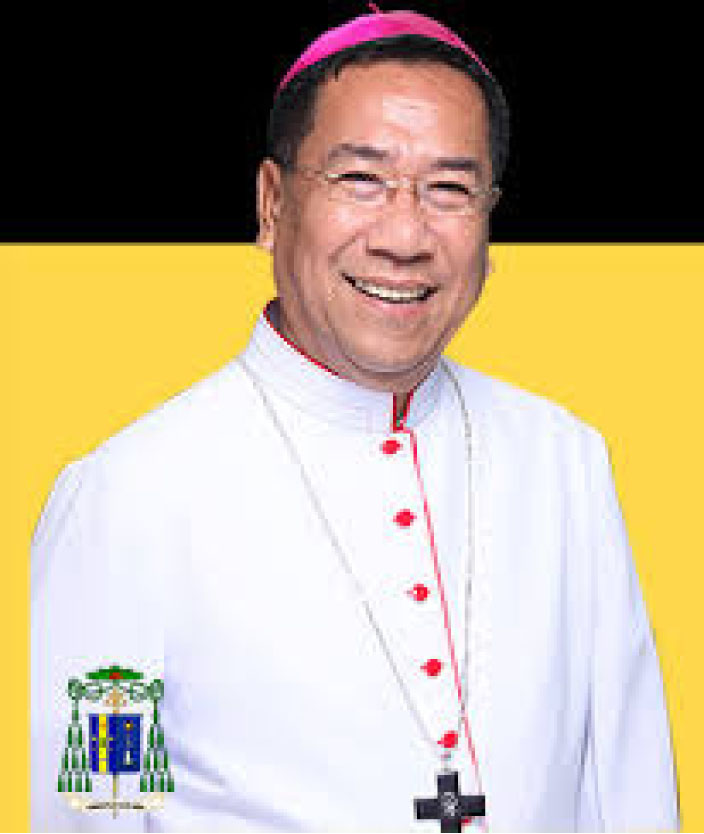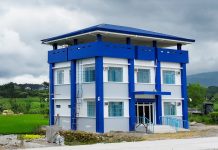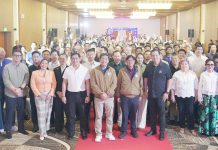
TACLOBAN CITY-Amidst the spate of killings due to the campaign of the national government on illegal drug proliferation, Palo Archbishop John Du underscored the need for a dialogue between the Catholic Church and the government.
“We respect each other’s ways and means but it is a matter of agreement,” Du said.
The region’s top prelate said that there is no need for the local church to come up with its own statement condemning the killings, described by human rights groups as extra-judicial killings (EJKs).
“No need for statement, they know what is the stand of the Catholic (Church) and it is their own responsibility because the Church and the state are not really to compete but are side-by-side,” Du said.
In an unofficial media tally, as of September 29, 3,509 persons were killed since President Rodrigo Duterte’s war on drugs became full swing on July 1.
Of this number, 1,276 drug personalities were killed in police operations and 2,233 were victims of extrajudicial or vigilante-style killings.
However, in the senate probe on EJKs, PNP Chief Ronald “Bato” dela Rosa disclosed that the actual figure as validated by the PNP Directorate for Operations was only 1,105 as of last week.
The spate of killings whether in legitimate police operations or by unknown perpetrators has spurred concern from powerful foreign states such as the United States and the European Union and the United Nations.
The Catholic Church, particularly in general terms the bishops, even caught the ire of Pres. Duterte for criticizing his stance and the manner of executing the “Oplan Double Barrel” and “Oplan Tokhang” (Toktok Hangyo) flagship program of his administration.
This sparked misunderstanding between him and the leadership of the Catholic Church in the country.
Du stressed too that there is a no gag order on the clergy in the Archdiocese of Palo that will restrain them from speaking about this issue in their homilies.
“They can say something about (the EJKs) but the general principle but not very personalized because we have to respect the stand if that is the President’s way of really trying to put things in order, well that is his way,” Du commented.
He stood pat though that “the way of the Church is different.”
“That is the time that we have to come to what we call the dialogue, it is needed that we have to meet in middle ground,” he said.
“We cannot just go on world affair but we also have to put the spiritual as a part of the solution so that it is where dialogue would come in,” Du added.
Although the general impression is that the Catholic Church in the country is against the President, expressed a varied view.
“We are not disappointed because he is also got some good points especially that his intention is peace and order,” he clarified.
“It is only in the means and the process that we could not agree on,” he said.
As of now various parishes and vicariates in the Archdiocese of Palo are in the process of finalizing its formation module which will be part of the total package for the rehabilitation of drug surrenderees in their respective turfs.
Du underscored a necessary partnership between the Church, the government and the stakeholders in the reformation and rehabilitation of drug personalities.
Du is optimistic of the capability of the local Churches to carry on its part in the rehabilitation process that drug surrenderees will undergo with the “techniques and skills which so many of (Church) people have.”
(EILEEN NAZARENO-BALLESTEROS)



